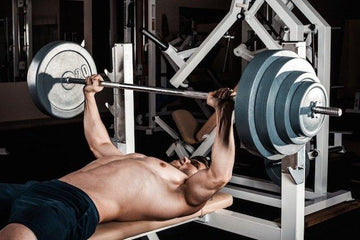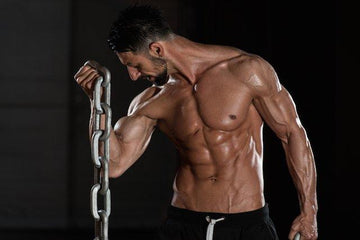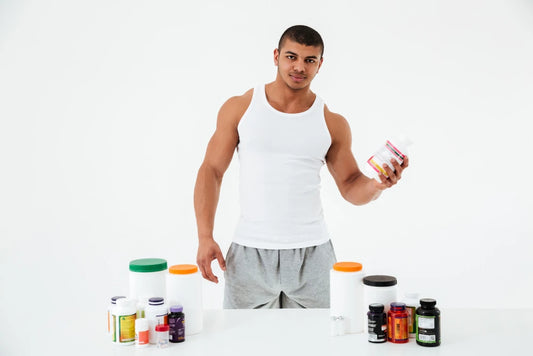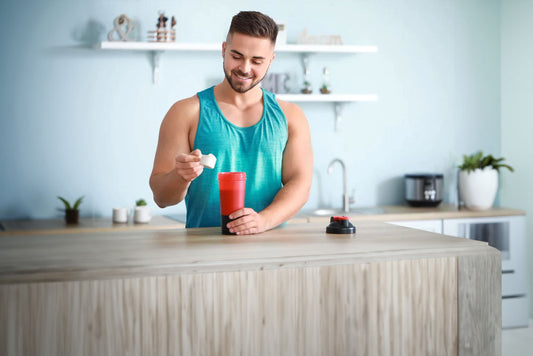

2 Tips To Enhance Muscle Recuperation
Table of Contents
2 Tips To Enhance Muscle Recuperation
by: Robbie Durand
Most bodybuilders finish their last rep, slam down a post-workout drink, and head out the door, but doing light cardio exercise after resistance exercise may speed up recovery. The researchers got 26 subjects to do six sets of 10 eccentric reps to invoke maximum muscle damage on a leg extension. This kind of exercise causes severe muscle pain and considerable damage to the muscles, too. The first experimental group cycled for 20 minutes after the session, keeping the level of exertion low at 30% of the maximal heart rate. A second experimental group also cycled for 20 minutes after the workout, but at moderate instead of low intensity. The women in this group cycled at 70% of maximal heart rate. When the researchers tested isometric strength after muscle-damaging eccentric exercise, the groups that performed cardio after exercise had improved muscle recovery compared to the placebo group that did nothing after exercise. The researchers suspect that cardio training done after strength training stimulates blood circulation, which helps the muscle to recover. The researchers suspect that cardio training done after strength training stimulates blood circulation. As a result waste products are removed more quickly from the muscles that have been trained while the nutrient supply also increases. That helps the muscle to recover faster.
Another recovery tool that has been found to accelerate your recuperation is a sports massage. A simple sports massage after an intensive weight-training session reduces muscle soreness and probably also reduces damage to the muscle cells. Researchers had subjects train their biceps with eccentric exercise which is known to induce serious muscle damage and cause soreness. Three hours after the training session, an experienced sports masseur massaged one arm of the test subjects for ten minutes. The other arm did not get a massage. Recovery was slightly faster in the massaged arm, but the difference was not significant. When the researchers took blood from both arms, they noticed that the blood from the arm that had been massaged contained considerably less creatine kinase. Creatine kinase is a marker for muscle damage, it enters the blood when it leaks out of damaged muscle cells. The researchers conclude that athletes who get massages have fewer problems with sore muscles after a heavy training session. Another interesting finding was that the biceps that had been massaged was slightly less swollen after the training and, when the test subjects used it, less sore.
J Athl Train. 2005 Jul-Sep; 40(3):181-5.
J Strength Cond Res. 2012 Oct;26(10):2777-82.
MUSCLE MEDIA MAGAZINE FOR MEN
The premier source of training, nutrition, supplements, fat loss and health for men.

















